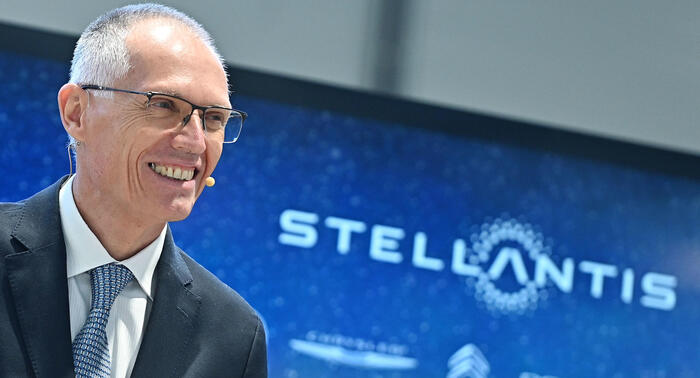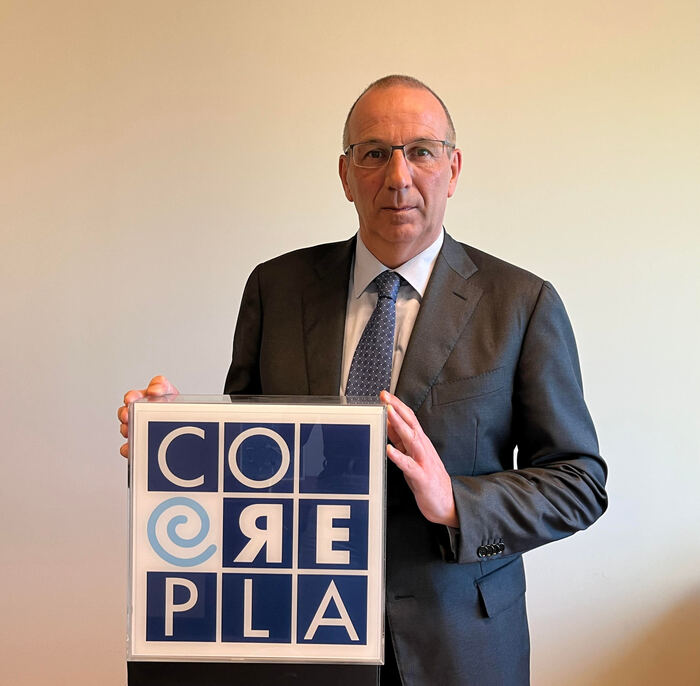Anyone who approaches Kibera, one of the largest informal neighborhoods in Africa, is shocked by the enormous amount of waste.
The people who live here are used to it because there is no other alternative, the town hall does not have a garbage collection service in this area, but obviously we do not want to live like this and we do everything possible to change this reality.
In my case, I do it actively, since I work in one of the recycling plants that exist in the neighborhood, Kleanbera Recycling, from which every day we have the challenge of contributing to greater health for the 50,000 people who live in the area. of Silanga and, of course, to contribute our grain of sand to caring for the environment.
An ordinary day in our recycling plant is not easy, anything can happen.
That the electricity supply does not reach us because of the rains (we need three power lines to be able to work), that the plastic has been filled with mud and weighs so much that its handling is much more complicated or that the shredding machine has broken down in a blackout and, then, we can only wait for everything to return to normal to continue working.
But we do not give up our efforts, since we are aware of the enormous impact that this type of project generates in the community, both at a social and environmental level.
Besides,
It is estimated that Kibera generates an average of 226 tons of garbage per day
Kibera is estimated to generate an average of 226 tons of garbage per day.
Therefore, the work of the community is tireless to achieve minimum conditions of habitability in the neighborhood.
In this sense, the promotion of plastic recycling plays an essential role, since, although since 2017 the manufacture, import, distribution and commercialization of plastic bags has been prohibited, as we well know, it is very present in the majority of products. that we buy, being a constant in our lives.
This recycling plant has been open since 2014 and the project has changed a lot since it was created;
the world of recycling has been expanding little by little within Kibera and today six people work in the team.
The main material managed at the plant is plastic, which is purchased from private individuals, mostly from Kibera.
The regrind is then sold to private companies and private customers.
Companies usually carry out the following process for later use: a first wash of the material, subjecting it to high temperatures to make it melt, cooling it and cutting it into small pieces.
Finally, these pieces will go to a molding machine to make new items.
Despite the fact that plastic is one of the main and most polluting types of waste, at the end of 2021, the plant decided to increase the purchase of different materials such as metal, glass and cardboard, among others, to increase the contribution.
It is slow work, but I feel very proud because, for example, between last year and this year, we have collected and recycled 44.8 tons of plastic at the plant.
We work hard to increase these figures month after month and to make the residents of Kibera more aware every day of the importance of a gesture as simple as not throwing a bottle on the ground.
Jacqueline Nduku, head of the KUBUKA Kleanbera Recycling project.
You can follow PLANETA FUTURO on
,
and
, and subscribe
to our 'newsletter'
here
.


/cloudfront-eu-central-1.images.arcpublishing.com/prisa/NDOLPLTSMZFBFKHXOW3LXEFPOA.jpg)









